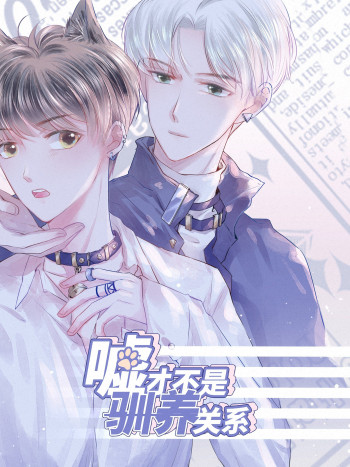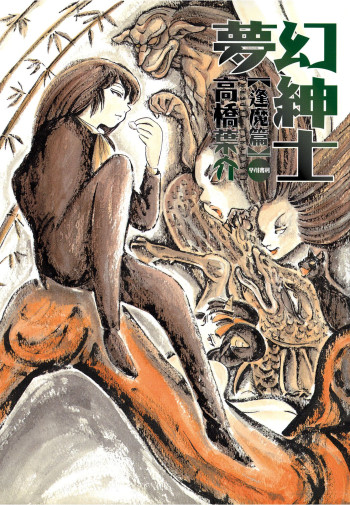Summary

Frankenstein
by Mary Shelley
This is a previously-published edition of ISBN 9780143131847.
Mary Shelley's seminal novel of the scientist whose creation becomes a monster
This edition is the original 1818 text, which preserves the hard-hitting and politically charged aspects of Shelley's original writing, as well as her unflinching wit and strong female voice. This edition also includes a new introduction and suggestions for further reading by author and Shelley expert Charlotte Gordon, literary excerpts and reviews selected by Gordon and a chronology and essay by preeminent Shelley scholar Charles E. Robinson.
.
Read
Frankenstein on http://kissnovel.net
Martial Peak Reviews
Frankenstein, written by Mary Shelley and first published in 1818, stands as a monumental work in the canon of Gothic literature and science fiction. This novel not only explores the boundaries of human ambition and the ethical implications of scientific exploration but also delves into profound themes of isolation, responsibility, and the quest for identity. The edition in question, which preserves the original text, allows readers to engage with Shelley’s unfiltered voice, rich with political undertones and feminist perspectives that resonate even today.
The narrative revolves around Victor Frankenstein, a young scientist whose insatiable thirst for knowledge leads him to create a living being from dead matter. This act of creation, however, spirals into a tale of horror and tragedy as the creature, often referred to as Frankenstein's monster, grapples with its own existence and the rejection it faces from society. Shelley’s portrayal of the creature is particularly striking; rather than a mere monster, he is depicted as a tragic figure, yearning for acceptance and understanding. This duality of the creature—both monstrous and sympathetic—challenges readers to reconsider the nature of monstrosity itself.
One of the most compelling themes in Frankenstein is the idea of responsibility. Victor’s failure to take responsibility for his creation leads to catastrophic consequences, not only for himself but for those he loves. Shelley poses critical questions about the ethical obligations of creators towards their creations, a theme that resonates in contemporary discussions surrounding artificial intelligence and genetic engineering. Victor’s hubris and subsequent regret serve as a cautionary tale about the dangers of unchecked ambition and the moral implications of scientific advancement.
Moreover, the theme of isolation permeates the novel. Both Victor and his creature experience profound loneliness, albeit for different reasons. Victor isolates himself from his family and friends in pursuit of knowledge, while the creature is shunned by society due to his grotesque appearance. This shared experience of alienation highlights the human need for connection and the devastating effects of social rejection. Shelley’s exploration of isolation is particularly poignant, as it underscores the importance of empathy and understanding in a world that often judges based on appearances.
Character development in Frankenstein is intricately woven into the narrative. Victor Frankenstein begins as an ambitious and passionate young man, driven by a desire to unlock the secrets of life. However, as the story progresses, his character devolves into one marked by guilt, despair, and madness. Shelley masterfully illustrates this transformation, allowing readers to witness the psychological toll of his actions. In contrast, the creature evolves from a naive being, seeking companionship and love, to a vengeful figure, driven by pain and betrayal. This shift in the creature’s character raises questions about the nature of evil and whether it is inherent or a product of one’s environment.
Another significant aspect of the novel is its feminist undertones. Although the primary narrative focuses on male characters, the women in the story—such as Elizabeth Lavenza and Justine Moritz—are often portrayed as passive victims of the male characters’ ambitions. Shelley subtly critiques the societal norms of her time, which relegated women to subordinate roles. The introduction by Charlotte Gordon in this edition further illuminates Shelley’s strong female voice and her critique of patriarchal structures, making it clear that the novel is not just a tale of horror but also a commentary on gender dynamics.
The impact of Frankenstein on literature and popular culture cannot be overstated. It has inspired countless adaptations, reinterpretations, and discussions about the ethical implications of scientific progress. The creature has become an archetype of the misunderstood outsider, influencing characters in various forms of media, from literature to film. Shelley’s work has paved the way for future explorations of the human condition, particularly in the realm of science fiction, where questions of identity, morality, and the consequences of creation continue to be relevant.
In comparison to other works of Gothic literature, such as Bram Stoker’s Dracula or Robert Louis Stevenson’s Strange Case of Dr Jekyll and Mr Hyde, Frankenstein stands out for its profound psychological depth and philosophical inquiries. While Stoker’s vampire embodies the fear of the unknown and the allure of the forbidden, and Stevenson’s duality explores the conflict between good and evil within a single individual, Shelley’s novel transcends these themes by engaging with the broader implications of creation and the responsibilities that come with it. The emotional resonance of Shelley’s characters, particularly the creature, invites readers to reflect on their own humanity and the societal constructs that shape our perceptions of others.
In conclusion, Mary Shelley’s Frankenstein remains a timeless exploration of the human experience, grappling with themes of ambition, isolation, and the quest for identity. This edition, with its emphasis on the original text and scholarly insights, offers a rich reading experience that encourages deep reflection on the ethical dilemmas posed by scientific advancement. As we continue to navigate the complexities of modern technology and its implications for society, Shelley’s cautionary tale serves as a poignant reminder of the responsibilities we bear as creators and the profound impact of our actions on the world around us.
























Reviews 0
Post a Reviews: